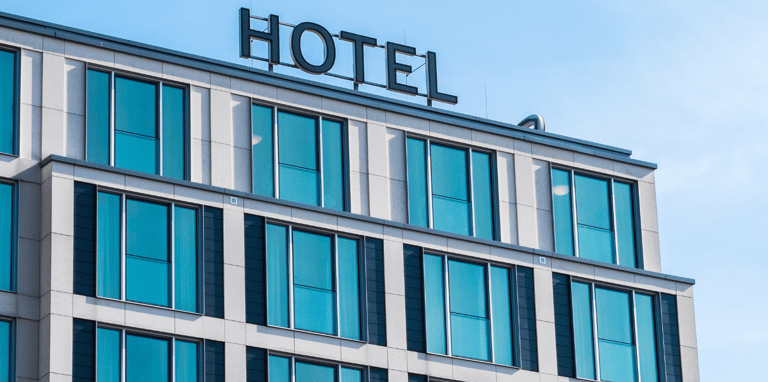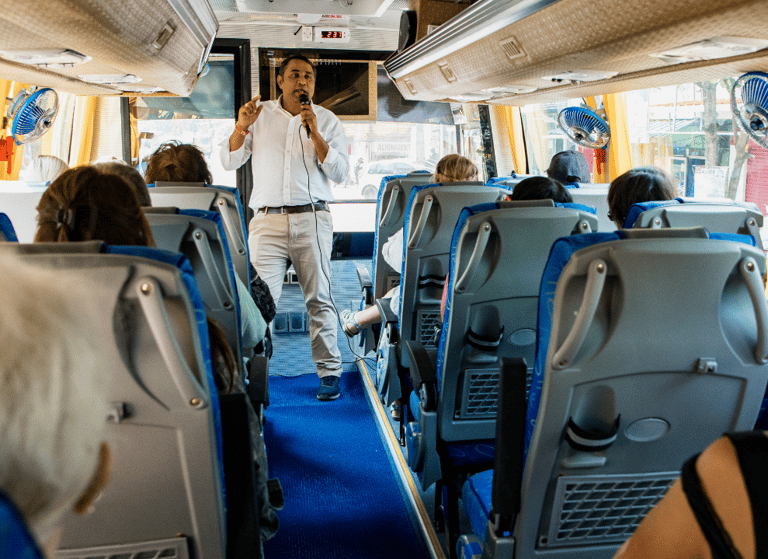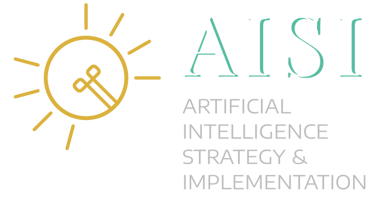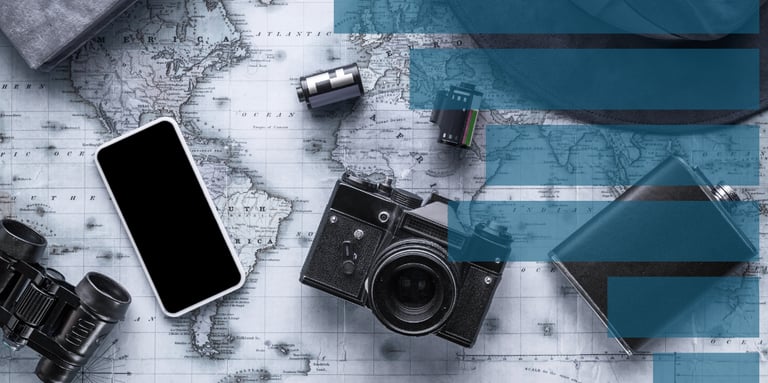AI in Hospitality & Tourism
The hospitality sector has always been defined by its ability to create memorable experiences. Today, a new force is reshaping this industry: Artificial Intelligence. From managing dynamic pricing to personalizing every aspect of a guest’s stay, AI is no longer a futuristic concept but a vital competitive advantage. For business owners in hotels, restaurants, touring, and attractions, understanding and adopting AI in tourism is now a prerequisite for long-term growth.






The Latest Data in AI for hospitality, tourism, and restaurants
Stay ahead of the curve with these impactful statistics that showcase the current state and future potential of AI in hospitality.
Over 78% of travelers want to use AI in their accommodation journey for tasks from planning to in-stay services. (SiteMinder, 2024)
51% of hospitality executives believe their companies are ahead in AI adoption, a perception that highlights a growing industry confidence. (SiteMinder, 2024)
The use of AI travel technology can reduce customer wait times by up to 50%, directly improving service efficiency and guest satisfaction. (Mize, 2025)
Hotel loyalty programs using AI to offer personalized rewards see a 40% higher redemption rate by tailoring offers to individual guest preferences. (OpenLoyalty, 2025
The global AI in tourism market is projected to reach $13.38 billion by 2030, with a Compound Annual Growth Rate (CAGR) of 28.7%. (MarketsandMarkets, 2024)
1
2
3
4
5
AI Tools & Use Cases
Modern AI tourism, accommodation, and restaurant software is a diverse ecosystem of tools designed to tackle specific business challenges. Here are some of the most impactful AI solutions already in use:
Dynamic Pricing Engines:
These tools analyze real-time market data, competitor rates, and booking patterns to automatically adjust pricing. This capability is a game-changer for revenue management, helping to maximize profitability during peak periods and attract customers during slow seasons. Hotels that use AI-enhanced revenue management systems can see an average revenue increase of 10% to 15% (SuperAGI, 2025).
AI Chatbots & Virtual Assistants:
Serving as the new digital front desk, these tools handle routine customer inquiries, bookings, and service requests 24/7. This frees up human staff while providing instant, efficient service. AI chatbots are capable of handling approximately 80% of all customer service interactions (Mize, 2025) and 77% of travelers are interested in using them for customer service (Oracle/Skift, 2024).
Reputation Management Software:
AI-powered systems can automatically analyze thousands of online reviews and social media comments to provide real-time insights into guest sentiment. Air France uses an AI tool that analyzes customer feedback to understand passenger expectations and concerns (Mintel, 2024), allowing for rapid response and strategic improvements.
Predictive Maintenance:
For hotels and resorts, AI can predict when equipment, such as HVAC systems or elevators, is likely to fail. This proactive approach to maintenance prevents service disruptions and costly emergency repairs. The hotel industry stands to save approximately $800 million annually on maintenance costs by adopting AI travel technology (Global News Wire, 2025).


AI Adoption Challenges
While the benefits of AI in hospitality are clear, implementation is not without its hurdles. Businesses must navigate these challenges carefully to ensure successful integration and a positive outcome.
Preserving the Human Touch:
The hospitality industry is built on human connection. The primary challenge is ensuring that AI in travel technology augments, rather than replaces, the personal interactions that guests value. A study from the publisher Emerald notes that while AI can boost operational efficiency and enhance guest experiences, a significant challenge is ensuring the technology does not diminish human connection.
Employee Resistance & Training:
A common barrier to adopting new technology is a lack of employee buy-in. The provided knowledge bank reveals a "noteworthy hesitance" among hotel staff, largely due to a lack of awareness, understanding, and resistance to change (Emerald, 2025). Overcoming this requires transparent communication, comprehensive training, and demonstrating how AI travel software will simplify their jobs, not threaten them.
Data Silos & Integration:
Many legacy systems, particularly Property Management Systems (PMS), were not designed for modern AI. Integrating new AI tools can be complex and costly. It requires a unified data set to function effectively, bridging fragmented data from bookings, loyalty programs, and guest feedback.


Expert Insights: Our Latest Content on AI for Hospitality
Begin your AI business upgrade today by taking our comprehensive AI Readiness Assessment.
You'll receive a full business analysis report at no charge.






